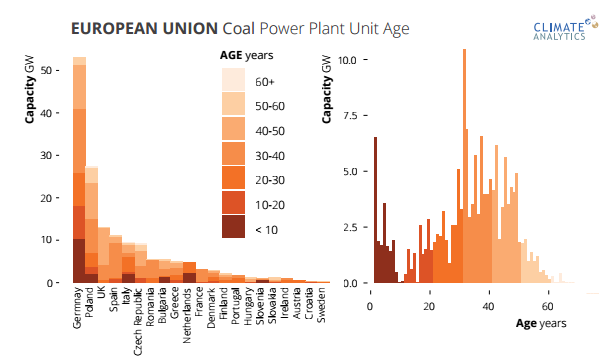
The contents of this blog were taken from a presentation given by Judd Swift, CEO Synfuels Americas, to the United Nations Economic Commission for Europe(UNECE) group of experts on cleaner electricity production from fossil fuels at the Palais Des Nations in Geneva on September28, 2018:
Global fossil prices make renewable energy implementation more difficult. Without subsidies from sponsoring governments, renewables have difficulties competing with traditional sources of mass energy generation. Considering these circumstances, strides need to be made in developing and deploying cleaner, more efficient forms of traditional power generation. Cogeneration provides a great opportunity to meet the world’s power needs and desire for a cleaner environment while remaining economic and secure.
Cogeneration- the generation of electricity and other energy jointly, especially the utilization of the steam left over from electricity generation to produce heat –enables a 10%-20% fuel savings compared to separate generation of heat and power. Combined Cycle, a subset of cogeneration, allows the production unit to achieve electrical efficiency ratings of over 60 percent when used solely to generate electric power without steam extraction. Conversely, a conventional water-steam Rankine cycle with a direct-fired boiler deliver electrical efficiencies below 50%
The modularity of a separate power supply and generated heat is demonstrated by plants that are adding thermal energy storage systems, usually in the form of atmospheric hot-water storage tanks. For example, an oil tank on the grounds of Timelkam Combined Cycle Power Plant in Austria has been converted into an atmospheric hot-water storage tank. These energy storage systems are heated using whatever form of energy happens to be economically available, and then used to supply heat to consumers on demand. This enables a significant increase in plant flexibility with respect to separating electric power from heat.
When demand for heat is high, the heat load can be controlled via the storage system nearly independent of power production. Power generation, in turn, can orient itself directly to market demand and attractive electricity prices, because it is no longer an uncontrolled by-product. Flexible power plants should enable operators not only to start up units quickly, but also to shut them down again just as rapidly so that the operator can respond immediately to electricity market prices that are changing unfavorably or to reduced production demand across the market. Several flexible measures are available to optimize cogeneration plants and thereby maximize the plants’ economic value for the future. The question is how to determine what package is optimally suited for the given location and the specific application.
Major energy companies have developed forecasting models that can represent the entire power plant fleet and all supply lines. These tools enable the computation of an initial prognosis of a plant’s future deployment plan. It even allows meaningful advance analyses of the profitability of grid services based on the supply grid model, including grid deficiencies. The forecast itself is based on a purely market-economy approach. With innovative technologies and state-of-the-art engineering, plants can achieve a record 60%+ electrical efficiency. However, the keys to achieving these operating levels require appropriate government policy, proper financial investment and the development of materials that can handle the stresses of high heat and pressure systems.
Cogen technology should be especially attractive to Europe. Europe possesses abundant coal resources and steady supply of natural gas from the east and west. By relying on the dual output capability of cogeneration Europe can cut its emissions with reliable baseload power and still incorporate its established renewable technologies. Considering the tenuous relationship Europe has with Northern Asia, its cogeneration also provides the continent’s nations with a cheap, secure source of energy should geopolitics prove even more unstable.

The high electrical efficiency combined with its efficient use of heat generated in the power production process (in combined heat and power generation, otherwise known as cogeneration) increases the overall fuel efficiency of natural gas up to 85 percent. Energy efficiency can be further improved by optimized startup and shutdown procedures. With higher efficiency levels attained with low-cost, secure sources of fuel, the nations of Europe and the world can achieve a cleaner standard of living, economic growth and more stable international relations unstrained by resource reliance between nations.
